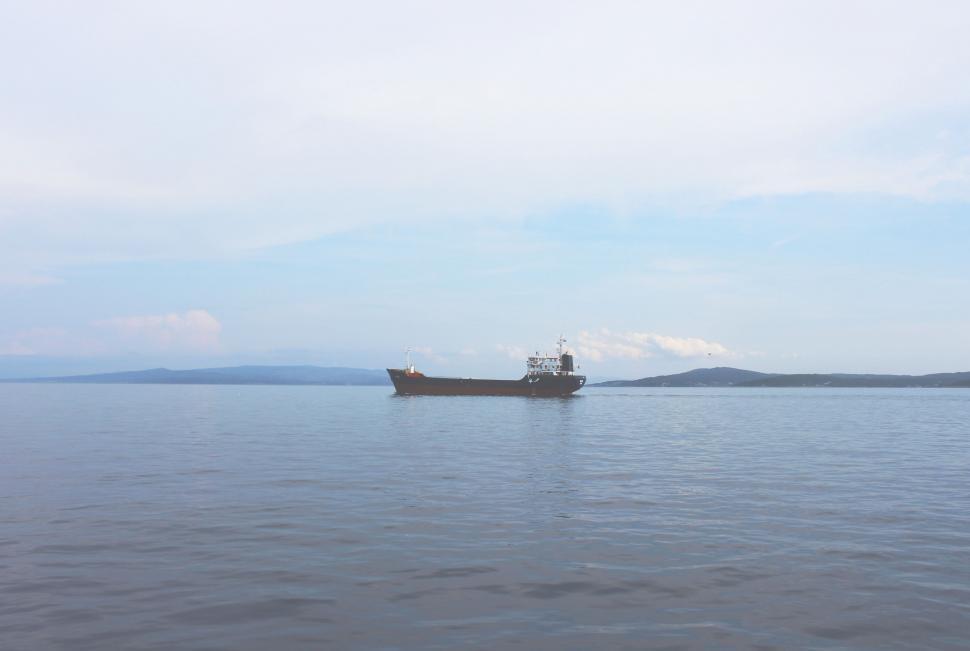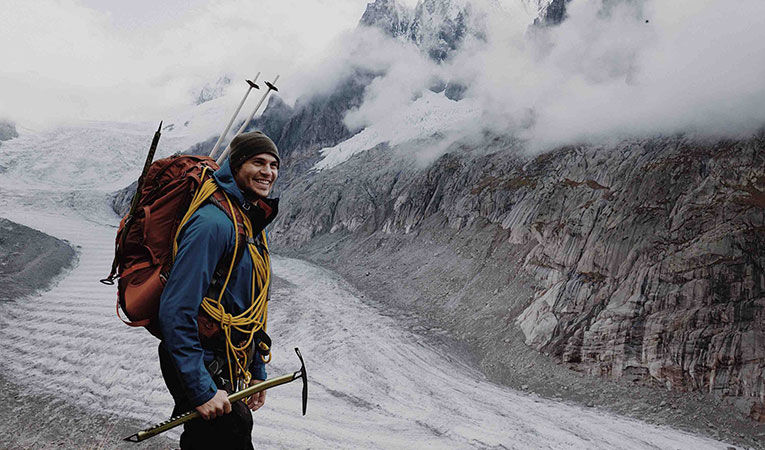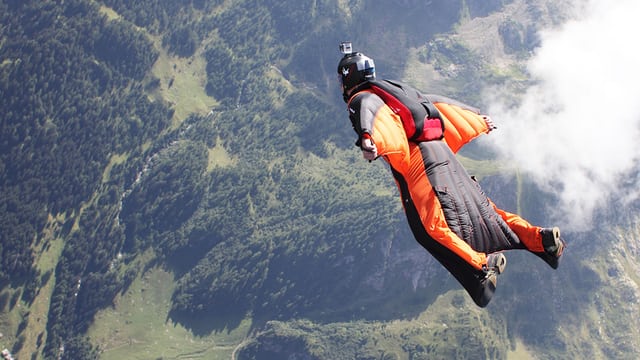In the vast expanses of remote and isolated destinations, where the connection to civilization is tenuous at best, survival becomes a primal instinct. Navigating through untamed wilderness and harsh terrains requires more than just luck – it demands a set of skills and knowledge that can mean the difference between life and death. In this article, we will delve into the essential survival tips for those daring enough to venture off the beaten path and into the unknown. Stay tuned as we uncover the key strategies that will keep you safe and sound in the most challenging of environments.

Planning Ahead for Safety and Security
When venturing out to remote destinations, it’s crucial to plan ahead for safety and security to ensure a smooth and enjoyable trip. Here are some survival tips to keep in mind:
- Research your destination: Before you go, make sure to research the area you will be visiting. Know the local customs, potential dangers, and emergency services available.
- Pack wisely: Bring necessary supplies such as a first aid kit, water purification tablets, emergency food rations, and a map of the area. Always have a plan for communication in case of emergencies.
- Stay alert: Be aware of your surroundings at all times and trust your instincts. Avoid risky situations and stay on marked trails when hiking or exploring.
Additionally, consider taking a self-defense class before your trip to feel more empowered in case of any encounters. By being prepared and proactive, you can ensure a safer and more secure experience in remote destinations.
Essential Gear and Supplies for Remote Travel
When embarking on a journey to a remote destination, it’s essential to be well-prepared with the right gear and supplies to ensure your safety and comfort. Here are some must-have items to pack before heading off the beaten path:
- Water purification system: Access to clean water may be limited in remote areas, so it’s crucial to have a reliable water purification system to stay hydrated and prevent water-borne illnesses.
- Emergency shelter: A lightweight tent or emergency blanket can provide shelter in case of unforeseen circumstances like getting lost or encountering extreme weather conditions.
- Portable stove and fuel: Having a portable stove and fuel can help you cook meals and boil water, ensuring you have access to warm food and drinks even in remote locations.
- First aid kit: Be prepared for minor injuries and illnesses with a well-stocked first aid kit containing essentials like bandages, antiseptic wipes, pain relievers, and any necessary medications.

Navigating Unfamiliar Terrain with Confidence
When venturing into remote destinations, it’s important to be prepared and have the skills to navigate unfamiliar terrain with confidence. Here are some survival tips to help you stay safe and make the most of your adventure:
- Plan Ahead: Before embarking on your journey, research the area you will be exploring, familiarize yourself with the terrain, and create a detailed itinerary.
- Pack Essentials: Make sure to pack essential items such as a map, compass, GPS device, first aid kit, and extra food and water to last you in case of emergencies.
- Stay Calm: If you find yourself lost or in a challenging situation, stay calm and assess your surroundings. Look for landmarks or follow a water source to find your way back to safety.
| Tip: | Use bright colored markers to mark your trail as you navigate through the wilderness. |
By following these survival tips and staying prepared, you can confidently navigate through remote destinations and enjoy the beauty of the untouched wilderness.
Emergency Communication and Rescue Protocols
In remote destinations, it is crucial to be prepared for any emergencies that may arise. Whether you are hiking in the mountains or exploring a secluded beach, having a plan in place can make all the difference in a life-threatening situation. Here are some survival tips to help you stay safe in remote locations:
- Stay Calm: In an emergency situation, it is important to remain calm and think clearly. Panicking will only make the situation worse and hinder your ability to make rational decisions.
- Communicate Effectively: Make sure you have a reliable means of communication, such as a satellite phone or GPS device, to call for help if needed. It is also a good idea to let someone know your itinerary before embarking on your journey.
- Know Your Surroundings: Take note of landmarks and natural features in the area to help rescuers locate you quickly. Familiarize yourself with basic survival skills, such as building a shelter and starting a fire, in case you are stranded for an extended period.
| Emergency Contact Numbers |
|---|
| Local Emergency Services |
| Coast Guard |
| Mountain Rescue Team |
By following these survival tips and being prepared for emergencies, you can enjoy your remote adventures with peace of mind knowing that you are equipped to handle any situation that may arise.
As you embark on your journey to remote destinations, remember these survival tips to ensure a safe and memorable adventure. From packing the essentials to knowing how to navigate unfamiliar terrain, being prepared is key. So go forth with confidence, embrace the unknown, and always stay vigilant. With these tips in mind, you’ll be able to tackle any challenges that come your way and truly experience the beauty and wonder of remote destinations. Safe travels!




















